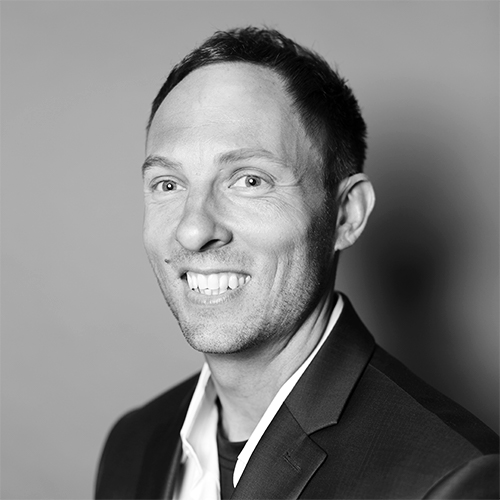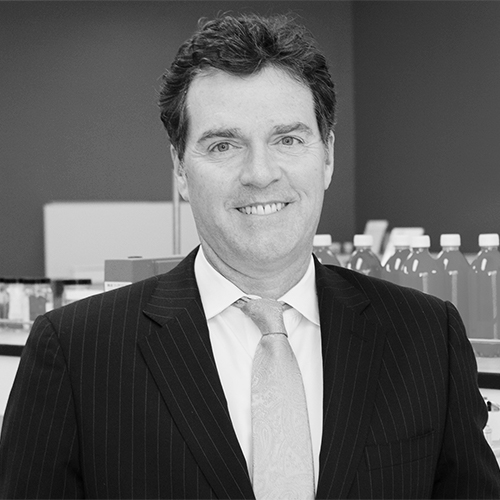Last year, the University of Illinois at Urbana-Champaign and the Urbana-based integrated-care network Carle Health System teamed up to form what they are declaring “the nation’s first engineering-based medical college.” The Carle Illinois College of Medicine (CICM) will strive to spark a revolutionary shift in medical education and research, with a curriculum specifically designed for the studies of engineering and medicine to pair as one.
“Both organizations are in the same community—Carle for about eight years, the university for more than 100. While both have shared limited resources over the course of time and have some shared relationships and community efforts, we never have had a strong link,” says L.J. Fallon, Carle’s executive VP and chief legal and human resources officer. “Both the CEO at Carle [Dr. James Leonard] and the then-chancellor at the University [Phyllis Wise] were looking for opportunities where the two organizations could collaborate.”
Both institutions are well respected and strong in their particular areas, so the idea of an engineering-focused college of medicine attracted both parties. “The conversation was around, where might [the university and Carle] join efforts?” Fallon says. “It’s really based on the notion that medicine isn’t today what it’s going to be tomorrow, so it was a look into the future where medicine in the mid-21st century might be going, and this notion of a closer link to engineering really fostered the idea.”
The Carle Illinois College of Medicine plans to differentiate itself from today’s other medical schools that are more biology focused. Robotic surgery, for example, might not likely be on the radar screen of the ordinary college of medicine, but advanced technology and the tools for care that it produces will be examined and assessed heavily at CICM.
“It will allow the community to recruit unique clinicians and academicians who really want to blend both an academic career and a clinical career.”
The Carle Health System is the only health system in Illinois—and one of few in the nation—that owns its own health plan. It’s also one of Illinois’s largest providers of clinical care. Carle’s five-year plan calls for a net addition of 130–150 new physicians, many of whom will be specifically hired with this college in mind.
“It will also be unique in the type of clinicians who will want to be part of the medical school, from an academic perspective, but also to be available on the clinical side at Carle to still provide healthcare to patients,” Fallon says. “It will allow the community to recruit unique clinicians and academicians who really want to blend both an academic career and a clinical career and have the opportunity to do that.”
As of April, the search was on for the college’s first dean, who will also serve as chief academic officer at Carle. After the selection of the dean, the medical school will start bringing in candidates, and some will be employed by Carle so that they can become part of the community, with a foot in both academics and clinical camps.
Fallon offers an example of a physician with a specialty in radiation oncology providing care in Carle’s cancer center 50 percent of the time, while also doing research and instruction in the College of Medicine, discussing the available tools that would allow for radiation to be administered to patients who have cancer.
Because the University and Carle hadn’t partnered on any significant ventures over the years, Fallon needed to unite the legal teams with the business leaders and create a memorandum of understanding so that each party would know their responsibilities regarding producing information and moving the school forward.
Fallon and the legal team helped devise answers to some unfamiliar questions: Who will pay the benefits? How will sabbaticals for instructors work? What will the dean’s responsibilities be?
“There was a definitive agreement created that more clearly formalized the process of who was going to be responsible for what, what the financial commitment was, what the budget would be, the dean’s responsibilities to both the University and Carle, etc.,” he says. “That was an important opportunity for the legal teams of both organizations to work out. There were also academic representatives, department leaders, and other administrators involved in that.”
“The university is undergoing fundraising efforts, and Carle is committed to making a $100 million contribution to the College of Medicine over the next ten years, so the funding is there on Carle’s side,” Fallon says. “The bylaws are being worked on, and there are some behind-the-scenes things being done so that the college functions within the environment of the university in terms of leadership, tenure for instructors, etc.”
Once everything is in place, the college will still need to go through some final regulatory steps before it can be accredited to accept students, and the first class is expected to start in 2018. Designs are still in the planning stages, and no set location has been mapped out, but facilities are expected to include plenty of research space.
Property taxes have also emerged as an area of uncertainty. As a nonprofit providing charitable healthcare to thousands, Carle should be exempt from paying property taxes.
However, the Cunningham Township Assessor placed four of Carle’s main hospital properties on the tax rolls from 2004 to 2011, and the hospital subsequently began receiving and paying property-tax bills for those properties. Litigation ensued, and the Illinois Supreme Court is expected to soon decide the constitutionality of the statute that addresses the payment of property taxes by nonprofit healthcare systems.
Fallon notes that in addition to CICM, plenty of exciting initiatives are currently going on around Carle. For example, it recently hired a new talent-management leader and has been working on its recruitment and retention strategy in order to retain great employees and honor the leaders they have.
“We’re expanding our facilities, we’re looking at ways to create relationships with rural hospital partners to better serve patients in this market area, we’re involved in a property tax matter . . . there are a number of different initiatives, but nothing of the magnitude of the College of Medicine,” he says. “Most of it we are doing to survive and thrive in the current healthcare environment.” AHL


